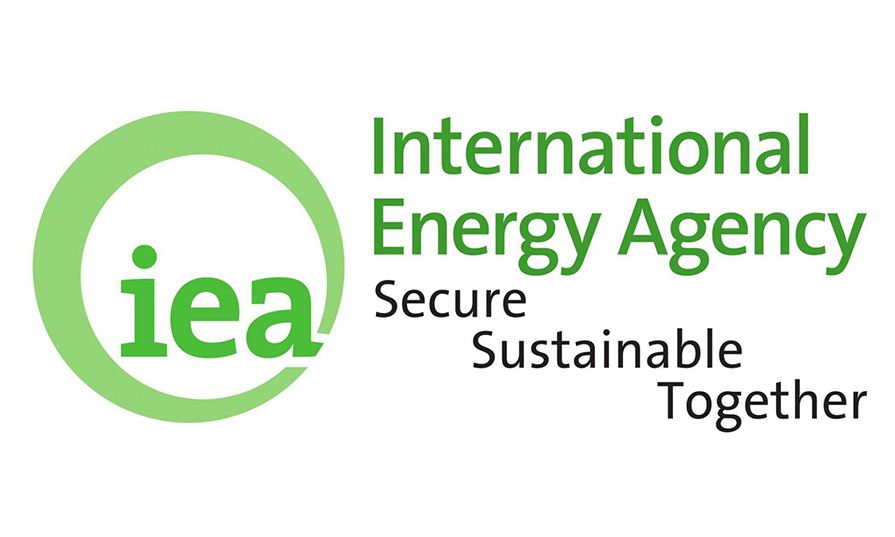The International Energy Agency (IEA) has said that mobilizing local capital can empower Africa’s clean energy transition.
The agency stated this in a September 6 report on clean energy financing on the continent.
According to the report, Africa faces a significant challenge in funding its clean energy initiatives, as it heavily depends on foreign currency due to a shortage of local currency financing options, often burdened by exorbitant expenses.
So, the continent’s local capital markets remain underdeveloped, marked by low levels of domestic savings, limited access to private debt and equity, and illiquid financial markets.
Special focus on sub-Saharan Africa (SSA)
The IEA report noted that despite the relatively early stage of development in capital markets, domestic savings in sub-Saharan Africa have demonstrated growth, increasing from 19% of Gross Domestic Product (GDP) in 2017 to 25% in 2021.
According to the report, there exists substantial potential for further expansion in this regard because as of 2021, only 8.5% of Africa’s working-age population actively contributed to pension schemes, a rate significantly lower than the global average of 32.5%. Notably, North Africa exhibited a comparatively higher rate at 17.4%.
The IEA report highlighted the fact that enhancing savings rates will necessitate concerted efforts from African governments, including the design of pension schemes tailored to address the needs of traditionally underserved communities.
This includes workers in the informal sector, which, according to some estimates, comprises up to 90% of the labour force.
The report stated:
- “Under the Sub-Saharan African scenario, efforts by local pension regulators to boost savings rates combined with improving socio-economic development supports capital accumulation, allowing local capital to play a larger role.
- This reduces currency risk (although it does not entirely eliminate it as imports are likely to be in US dollars) and exposure to external shocks, creating a more sustainable financing environment.”
So, as local capital markets mature, governments and international investors have an essential role to play in facilitating the flow of this emerging capital towards energy and infrastructure projects in the region.
Regulatory authorities in the capital markets sphere can foster an environment conducive to investment in diverse asset classes.
They can also aid investors in becoming well-versed in the associated risks and opportunities linked to these investments. Simultaneously, international investors have the opportunity to engage in co-investment ventures alongside local partners.
The IEA says that this collaborative approach can prove mutually advantageous by leveraging the foreign investors’ expertise in energy investment mechanisms in tandem with the local investors’ familiarity with the risk landscape.






